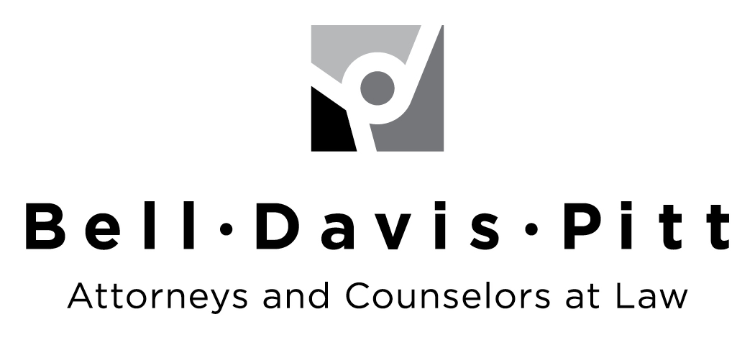FTC Bans Noncompetes in Employment Contracts
Thursday, April 25, 2024 | By: Carson D. Schneider, Alan M. Ruley
The Federal Trade Commission (the “Commission”) approved a final rule banning noncompete agreements (the “Rule”). The Rule, which comes more than fifteen months after the Commission proposed it, concludes that noncompetes are unfair methods of competition under the Federal Trade Commission Act (FTCA). The Rule applies to “workers,” which the Commission defines to include both employees and independent contractors, and “employers,” which is broadly defined as any person or entity for which “a worker works.” It becomes law 120 days after being published in the Federal Register, which typically happens within a few days or weeks of the Rule’s announcement.
In general, a non-competition agreement (i.e., a noncompete) is a contract or part of a contract that prohibits an employee from working with a competitor after the employee leaves their current employment. In North Carolina, an employee had to have gotten something in return for signing a noncompete (in legal terms, “consideration”) for it to be enforceable, and the noncompete had to have been reasonable in time and geographic scope. After the Commission’s new Rule, North Carolina law on this topic will be mainly a historical artifact.
The Commission’s noncompete Rule requires employers to notify workers with noncompetes that they are not enforceable. To that end, the Commission has provided model language for the notice on its website. The Commission’s press release also provides a reporting mechanism for suspected violators of the noncompete Rule.
The U.S. Chamber of Commerce said that it would sue to block the Rule soon after it was announced. Employers believe that noncompetes are an important tool to protect employers’ confidential information, including trade secrets. For its part, the Commission reasoned that employers can protect confidential information in a variety of other ways, including trade secret laws and nondisclosure agreements.
Two types of legal challenges to the noncompete Rule are likely to arise. First, litigants may argue that the Commission, a federal administrative agency, acted contrary to, or outside of, the authority granted to it under the FTCA. Historically, these kinds of challenges fall under the umbrella of “Chevron deference”—a legal doctrine that asks whether an agency offered a reasonable interpretation of an ambiguous statute. Whether Chevron deference is still the law of the land is currently before the Supreme Court, so litigants will likely know more about this kind of challenge by the time a court is adjudicating the noncompete Rule.
The second type of challenge will concern whether the noncompete Rule is arbitrary and capricious. Generally speaking, courts strike down agency actions that are so unreasonable as to be arbitrary. Litigants may argue that the noncompete Rule is arbitrary because it exempts noncompetes for senior executives that are presently in effect.
The final Rule defines “senior executive” as a worker earning more than $151,164 who’s in a “policy-making position,” in an attempt to encompass “highly paid workers with the highest levels of authority in an organization.” The Rule declares that all noncompetes, even those for so-called senior executives, are unfair methods of competition, and accordingly bans all future noncompetes. At the same time, the Rule allows noncompetes currently in effect for senior executives to remain in effect. Arguably, it’s arbitrary to declare, on the one hand, that all noncompetes are methods of unfair competition, while on the other hand allowing a subset of noncompetes to remain in force. In addition, the executive exception represents a change from the Commission’s proposed rule. The Commission, for its part, reasoned that senior executives are not “exploited” by noncompetes to the same extent as other workers, such that executives are less likely to be subject to the “acute, ongoing harms currently being suffered by other workers subject to existing noncompetes.”
Regardless of the success of any future legal challenges, employers should be aware of their notice responsibilities under the noncompete Rule and should reassess what legal tools remain to protect the employer’s confidential information.
Sources and Additional Reading:
https://www.ftc.gov/news-events/news/press-releases/2024/04/ftc-announces-rule-banning-noncompetes
https://www.nytimes.com/2024/04/23/business/noncompete-clause-ban.html






Leave a comment
0 Comments